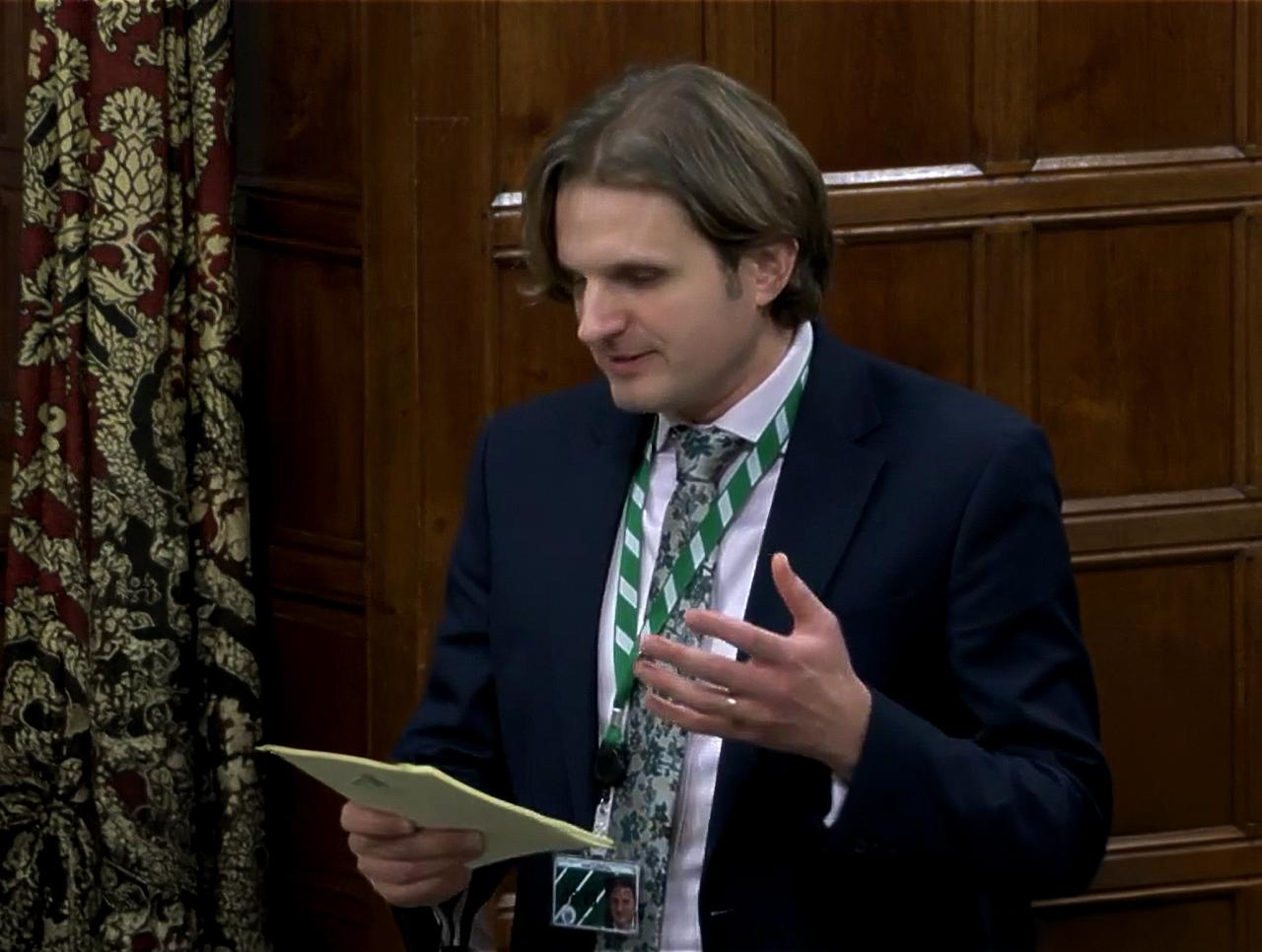The flooding issue in Norfolk has never been more urgent, and that is why I have fought so hard to bring the issue to Parliament. The climate is changing, seas are rising and our precious part of coastline is feeling the impact daily.
Government must think holistically when tackling the challenges of flooding. It isn’t just an environment issue, it impacts our local economy, our emergency services and our health systems. The flooding challenges that we face in Norfolk are so significant, and have such an impact, that we have to come together to tackle them. We must also look at the fundamental issues across all levels of government that have allowed the situation to get as bad as it has and joined-up approach, a clearly responsible body, is the only way we can ensure that the powers are collected sensibly to allow for funding and direction decisions to be made in the best interests of communities.
Government, agencies and Norfolk residents must work together to protect our ecology, our landscape and our county. In Norfolk, our seas and waterways are our greatest treasures – they’re precious to local residents and they drive tourism. Norfolk’s landscapes are also low-lying and flat, filled with farmland and flood plains. While this combination of waterways and low-lying land contributes to Norfolk being the most beautiful county in the country, it presents a perfect storm for flooding problems. The system is not set up to address them at the speed that we need to – legislation is inadequate, processes are cumbersome and funding for maintenance is seriously lacking.
Last month I chaired a public meeting on flooding in Hickling, bringing multiple agencies and residents together to discuss solutions to flooding. Everyone is working incredibly hard, but they can only work with what they’ve got. A major issue many of these agencies face is that funding settlements are rarely delivered more than a year ahead. The projects that need to be undertaken to make a real difference are going to take time but will have a huge payoff. Being forced into short-term thinking means that responsible agencies can’t make secure plans to take the strategic action they need to. I urged the Minister to change this arrangement and to give the responsible agencies the ability to set longer budgets. This would hugely boost their medium and long-term planning and could get off the ground so many vital flood alleviation projects which are being stalled by the current funding setup.
Frustratingly, in many cases it’s not only the money which is lacking but the necessary power to make change. The responsibilities and powers are broken up and siloed across councils, agencies, statutory bodies – all with expertise and experiences unable to be easily shared across them all.
While solutions to flooding need to be long-term, I do believe that there are some quick wins that government can implement. Firstly, we need to ensure that the insurance landscape for flood risk is viable. We must also make sure that the Flood Re scheme will achieve its mission to have created risk-reflective pricing by the time it exits the market in 2039 and must cover all types of flood risk, including the coastal erosion which rapidly eats away at the North Norfolk coast.
I also feel that we need to place a greater duty on to insurers in order to carry out the actions in flood prevention reports after incidents occur. Insurers currently put properties back to the same state they were in before the flooding happened, rather than being required to support residents to ensure the flooding can’t happen again or they are better prepared for the future.
The time for waiting around and delay has long passed, and we are staring down the barrel of a tough, and possible disastrous, winter. This isn’t just about protecting the highest possible number of chimney pots, but preserving a beautiful, historic natural landscape, and a way of life that has served Norfolk for generations.
While communities are begging government not to carry on with the status quo and local businesses are fighting for their survival, every flood brings Norfolk closer to being on its knees. Without a joined-up approach and crucial support from the Government, how many more Winters will we survive before we are unable to get up again?
Without a joined-up approach Norfolk will continue to suffer the ravages of flooding


